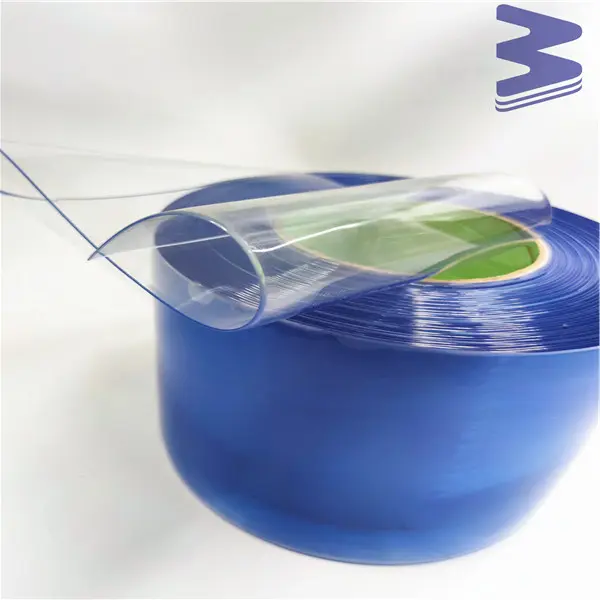- Afrikaans
- Albanian
- Amharic
- Arabic
- Armenian
- Azerbaijani
- Basque
- Belarusian
- Bengali
- Bosnian
- Bulgarian
- Catalan
- Cebuano
- Corsican
- Croatian
- Czech
- Danish
- Dutch
- English
- Esperanto
- Estonian
- Finnish
- French
- Frisian
- Galician
- Georgian
- German
- Greek
- Gujarati
- Haitian Creole
- hausa
- hawaiian
- Hebrew
- Hindi
- Miao
- Hungarian
- Icelandic
- igbo
- Indonesian
- irish
- Italian
- Japanese
- Javanese
- Kannada
- kazakh
- Khmer
- Rwandese
- Korean
- Kurdish
- Kyrgyz
- Lao
- Latin
- Latvian
- Lithuanian
- Luxembourgish
- Macedonian
- Malgashi
- Malay
- Malayalam
- Maltese
- Maori
- Marathi
- Mongolian
- Myanmar
- Nepali
- Norwegian
- Norwegian
- Occitan
- Pashto
- Persian
- Polish
- Portuguese
- Punjabi
- Romanian
- Russian
- Samoan
- Scottish Gaelic
- Serbian
- Sesotho
- Shona
- Sindhi
- Sinhala
- Slovak
- Slovenian
- Somali
- Spanish
- Sundanese
- Swahili
- Swedish
- Tagalog
- Tajik
- Tamil
- Tatar
- Telugu
- Thai
- Turkish
- Turkmen
- Ukrainian
- Urdu
- Uighur
- Uzbek
- Vietnamese
- Welsh
- Bantu
- Yiddish
- Yoruba
- Zulu
Versatile and Durable PVC Flexible Curtains for Enhanced Space Management and Aesthetic Appeal
The Versatility and Benefits of PVC Flexible Curtains
In today's fast-paced industrial environment, efficiency and flexibility are key to maintaining smooth operations. One innovative solution that has gained popularity across various sectors is the PVC flexible curtain. These versatile, lightweight barriers offer a multitude of benefits, making them an ideal choice for factories, warehouses, and commercial spaces.
What are PVC Flexible Curtains?
PVC flexible curtains are made from durable polyvinyl chloride (PVC) material, designed to be transparent or semi-transparent. They are available in a variety of thicknesses and colors, allowing businesses to choose a style that best fits their operational needs. These curtains can be mounted on tracks, making them easy to open and close as required. Their primary function is to create a physical barrier that separates different areas within a facility while allowing visibility and accessibility.
Key Benefits
1. Improved Productivity By using PVC flexible curtains, businesses can create designated work zones, minimizing distractions and enhancing focus. Employees can move freely between different areas without the hindrance of doors, facilitating a more efficient workflow. This ease of movement can significantly reduce downtime and increase overall productivity.
2. Temperature Control Many industries require specific temperature and environmental conditions. PVC flexible curtains can act as insulators, helping to maintain optimal temperatures by preventing drafts and heat loss. This is particularly important in refrigerated environments, such as food processing or storage facilities, where maintaining a stable temperature is crucial.
3. Noise Reduction The installation of PVC flexible curtains can help in reducing noise levels between different work areas. This is especially beneficial in manufacturing environments where machinery can produce significant sound. By creating sound barriers, these curtains contribute to a more comfortable and productive working atmosphere.
pvc flexible curtain

4. Enhanced Safety In busy industrial settings, safety is paramount. PVC flexible curtains can help to delineate hazardous areas, ensuring that employees are aware of their surroundings. Additionally, their transparency allows for visibility, which can prevent accidents and improve overall safety protocols.
5. Cost-Effectiveness Compared to traditional walls or doors, PVC flexible curtains are a more economical solution. They are less expensive to install and maintain, and their flexibility means that businesses can easily reconfigure spaces as needs change. This adaptability ensures that companies can respond swiftly to market demands without incurring heavy costs.
6. Easy to Clean and Maintain PVC is inherently resistant to dust, moisture, and chemicals, making these curtains easy to clean. A simple wipe-down with standard cleaning solutions is typically sufficient to keep them in good condition. Their durability also means that they can withstand various industrial environments without showing significant wear.
Applications Across Industries
The applications of PVC flexible curtains are extensive. In the food industry, they can separate food preparation areas from storage zones, helping to maintain hygiene standards. In warehouses, they can control access to different sections, ensuring that only authorized personnel can enter specific areas. Additionally, manufacturing plants often use them to separate different stages of production, improving efficiency and safety.
Conclusion
In conclusion, PVC flexible curtains offer a practical and versatile solution for a wide range of industrial applications. Their ability to improve productivity, control temperature, reduce noise, enhance safety, and offer a cost-effective alternative to traditional barriers makes them an invaluable asset in modern operations. As businesses continue to seek ways to optimize their processes, the adoption of PVC flexible curtains is likely to grow, solidifying their place as a cornerstone of efficient industrial design.
-
PVC Curtain Strip – Durable Standard PVC Strips for DoorsNewsJun.10,2025
-
PVC Strip Curtain – Durable & Transparent Plastic Strips for Industrial Use Affordable PricesNewsJun.10,2025
-
Clear Plastic Door Curtains Durable & Insulating VisibilityNewsJun.09,2025
-
Commercial Strip Curtains Energy Savings & Durability for Industrial UseNewsJun.09,2025
-
Anti-Cold PVC Strip Curtains Thermal Insulation & Energy Saving SolutionsNewsJun.09,2025
-
Transparent PVC Streifenvorhangrolle Rolls - High Durability & ClarityNewsJun.09,2025



